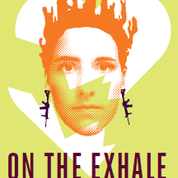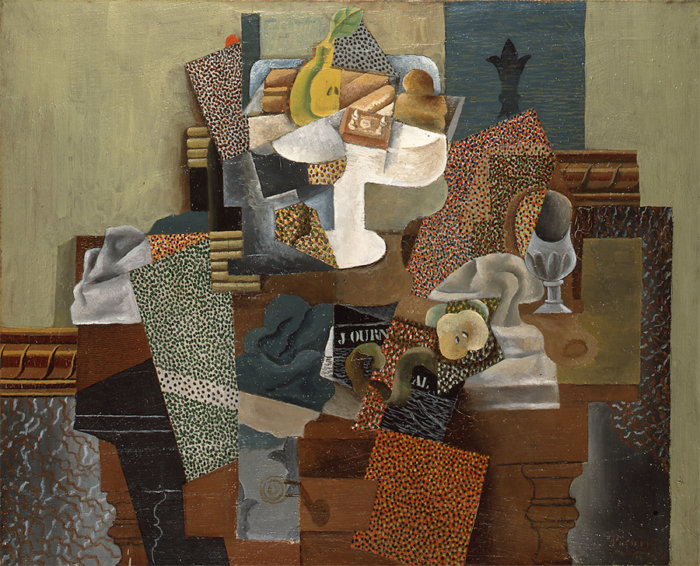The City Council Rules Committee voted to amend an ordinance sponsored by Councilman Frank DiCicco establishing the Callowhill Reading Viaduct Neighborhood Improvement District in a raucous meeting this afternoon.
The amendments exclude most of Chinatown from the proposed NID’s boundaries and remove language discussing the Reading Viaduct from the organization’s mission statement, two points of contention for many opponents.
“We, as a Development Corporation, have addressed many needs of the community and none are supported by this NID,” said John Chin of the Philadelphia Chinatown Development Corporation, who unanimously opposed the legislation in two board meetings because it would allow the NID to tax property owners within its boundaries. “It’s about steering funds into the Viaduct more than neighborhood cleaning.”
“All the people sitting behind me are very concerned about the tax increase.”
Some residents claimed that the Viaduct should not be a
financial priority for the diverse neighborhood and, if renovated, would
benefit developers and tourists more than area homeowners.
“Right in the title it says ‘Viaduct,’ which gives me the impression
that the Viaduct is a significant portion of this,” said resident James Morton, a senior on a fixed income who claimed he could not afford the tax and that the Viaduct would not improve his quality of life.
“Cleaning
is being put out as a straw man because who opposes clean streets? Under
the guise of clean streets, all this other stuff is being slipped in.”
Many community members who testified felt excluded from the process of planning the NID – and from the possible benefits it could provide.
“We were never part of the project,” Morton said. “I never found out about it until a few weeks ago when Council had already passed legislation. They said they reached out, but I beg to differ.”
Protestors held up signs denouncing the tax and chanted, at times causing the three-hour hearing to devolve into chaos before it was called to order.
“It’s not right for City Council to sanction a small group of people to tax their neighbors,” said resident Phil Browndeis. “It’s taxation without representation. These people claim to represent us but convened in secrecy without conferring with the neighborhood.”
“All proponents of the NID are white, well-to-do developers who are
politically connected and know the councilmen on a first name basis,” Morton
said. “They want to make a lot of money and cash out.”
But many also testified in support of the ordinance, saying that cleaner streets
and more development would reduce crime and draw new business into the
area.
“I’m forced to recruit software engineering talents from all over the U.S.,” said Robert Cheetham of Azavea Software Co. “Looking at the neighborhood, it can be a tough sell.”
“We everyone to see the vital and dynamic neighborhood we know, making it easy to convince anyone in the world to move their family here.”
Paul Levy, one of the proposed NID’s creators, assured those gathered that the majority of funds would be allocated to ground-level street improvements like cleaning up graffiti and litter and improving lighting.
“It would take a whole new plan and a whole new budget to develop the Viaduct,” he said. “We would have to come before you again and property owners would get a second opportunity to vote.”
“There are two things here: the effort to create the NID and the wish the Viaduct could be improved. But the money here is for ground-level improvements, not for the Viaduct. Confusion has been created by the aspirational language, but the majority of the budget goes towards ground-level improvements.”
So why all the conflict?
“I believe the people promoting the NID made a true effort to inform
people and that the implication that groups were somehow excluded is
incorrect,” said Councilman Jim Kenney.
“There’s been a lot of misinformation,” Kenney said. “The
leaders of the PCDC did not tell folks what was going on and exactly
what the facts were for reasons I don’t know. They stirred up a lot of
older and poor people.”
“I think it’s a shame because a lot of those eliminated would have benefited from a higher level of services,” he said. “Now, they won’t receive those services and they can’t vote on [the creation of the NID], but part of democracy is allowing people to make decisions that are not in their best interest.”































